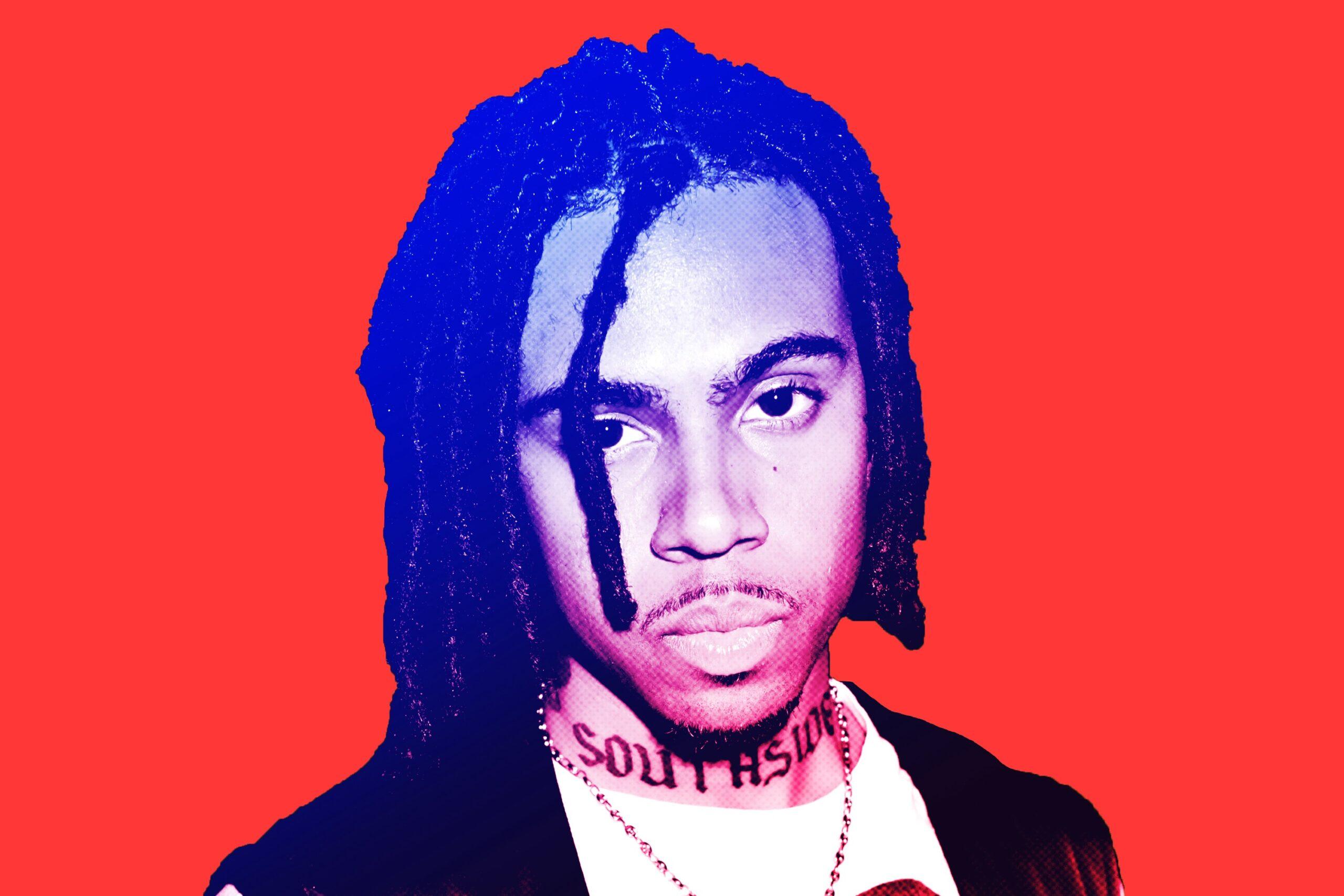
Over the past five years, Vic Mensa has been involved with some of hip-hop’s biggest projects, but his solo impact on the genre is just beginning. His first studio album, The Autobiography, is out Friday. On the most recent episode on the Channel 33 feed, he talked to Micah Peters about the journey that inspired the project.
Listen to the full podcast here. This transcript has been edited and condensed.
Micah Peters: You talk a lot about near escapes on this album, and also a lot about your mental state at various points throughout your life. It’s very brave in that regard, especially with the fact that pride is kind of the primary ethos of rap music and depression is still somewhat stigmatized, except for, say, in 2014 you had Earl Sweatshirt, Kendrick, Future, Heems all rapping about depression, stewarding the idea at some length on their albums. … So who are you on The Autobiography? Because you’ve been several different people in the last couple years.
Vic Mensa: It’s just me on The Autobiography. And that’s why it’s The Autobiography. In all the years from making the Innanetape, while I was making that, up until I made The Autobiography, I was going so many different places. First of all because I was growing up and trying to find myself, but I was also deeply dependent on drugs and in a really dark place for basically the whole time. I could be a pretty dark person, but you multiply that with serious substance abuse and oftentimes a person can forget who they are. That’s really what happened to me.
So I’m progressively coming into more and more attention and notoriety and more money while also kind of straying further away from who I am and what I believe in, so I’m out here in Europe, wildin’ out, performing for thousands of people, doing music that I just don’t believe in. … I was empty, I was empty making that music and I was just having a lot of trouble seeing the sun and feeling a loss of responsibility to the bigger ideas that really define me as a person. I’m a person that … I was reading Malcolm X and Huey Newton when I was 16. My first tattoo [was] "Free Huey" and a black panther on my shoulder. I was reading Michio Kaku string theory when I was 17. I’m a thinker. And I came into rap to make people think.
So as I started to kind of come into some fame, or whatever you would call it, on a lot of fucking drugs and just depression, the music strayed away from my home territory, which is like real, honest, thoughtful music. And [then] I stopped doing drugs. I have a girlfriend that was selfless enough to look past all of the pain that I had caused her from a place of pain myself to push me to get better and make me fucking talk to a therapist and seek real help. And I quit doing drugs, that was like January 2016, and fast, like five days later, February 2016 is when I started writing this album. And it all started to come back to me. I was forgetting that it was possible to wake up in the morning not thinking about how much I dread being on earth another day or go to sleep without thinking about killing myself. I forgot that it was possible to not be 24/7 suicidal. And when I stopped doing drugs and went to therapy and psychiatry, I found focus again, clarity, to be just me.
Writing these songs with no external influence, no weed, no fucking alcohol. I wrote this entire album 100 percent sober. And just came back to being myself, you know? Felt like me again. I didn’t feel like me when I was so dark and just kind of making pointless music. … I felt really weird, really strange. And so to answer your question, though, who I am on this album clearly is just me being me because I didn’t make up any of these stories, I’m just telling the truth of my stories. So I guess it’s up to somebody else who listens to it to decide who I am, but I’m gonna tell you how I became the way I am.